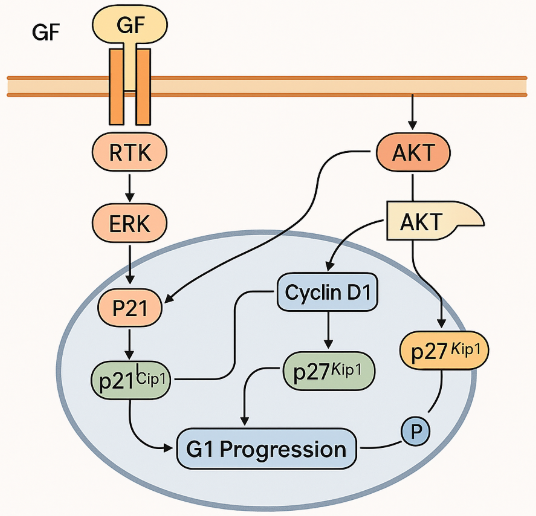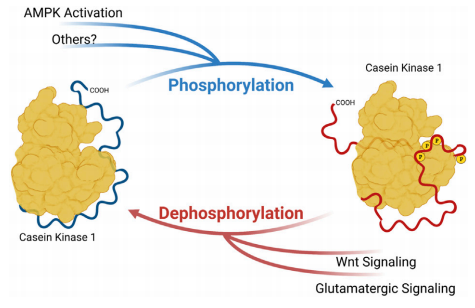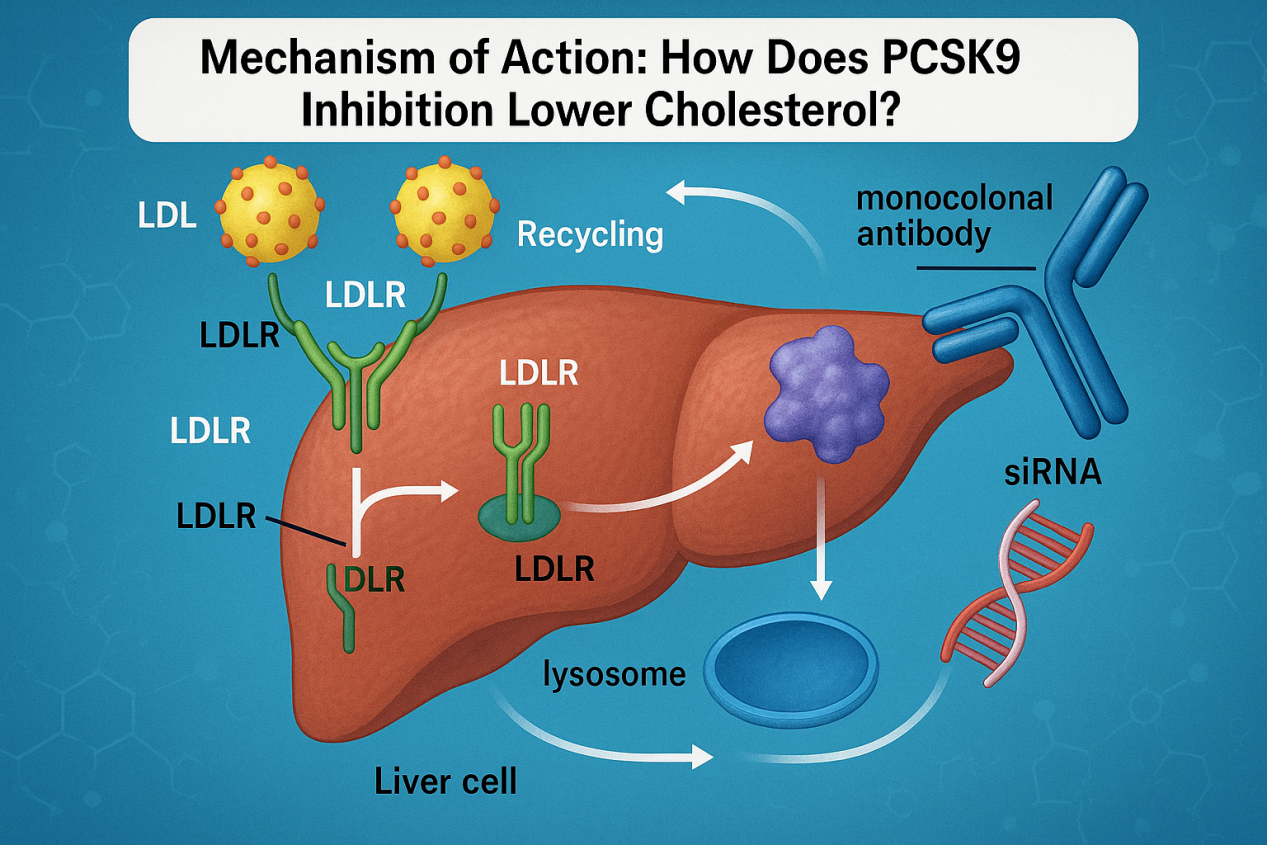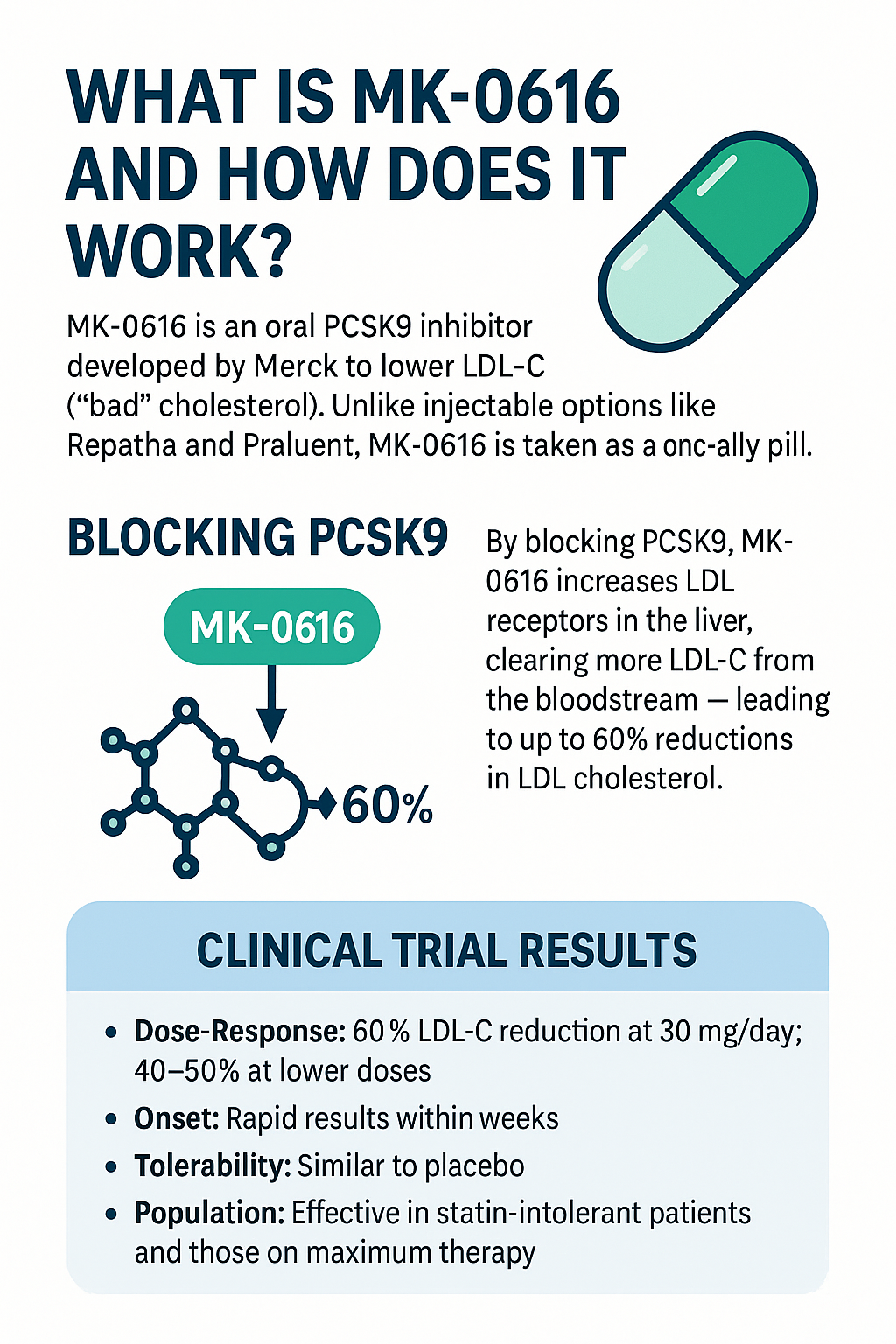The Transformative Role of Synthetic Biology in Precision Medicine: Challenges and Future Prospects
Abstract
Synthetic biology is revolutionizing precision medicine by enabling the development of personalized treatments, advanced drug delivery systems, and cutting-edge diagnostic tools. Using technologies like CRISPR gene editing, synthetic gene circuits, and engineered cells, it offers tailored solutions for diseases such as cancer and genetic disorders. Despite the promise, challenges like safety concerns, ethical issues, and regulatory barriers must be addressed to ensure safe clinical applications. As synthetic biology evolves, its integration with emerging technologies, such as artificial intelligence, will further enhance healthcare personalization. This blog delves into the current impact, challenges, and future potential of synthetic biology in transforming personalized medicine.
Introduction: Synthetic Biology and Precision Medicine
By precisely manipulating biological processes to produce individualized treatments, synthetic biology is transforming healthcare. In order to develop, build, or modify biological systems for particular purposes, it combines biology and engineering. However, precision medicine seeks to move away from a “one-size-fits-all” approach to healthcare by offering individualized therapies based on a person’s genetic, environmental, and lifestyle characteristics.
The way diseases are identified, treated, and tracked is changing as a result of the collaboration between precision medicine and synthetic biology. Scientists may now build cells to target particular diseases or change genes to fix mutations thanks to the development of gene editing technologies like CRISPR-Cas9. This has a particularly significant effect on genetic illnesses, because synthetic biology can provide remedies by repairing damaged genes or generating whole new biological elements that fix broken systems.
Furthermore, the development of highly specialized medication delivery systems is made possible by synthetic biology. Researchers can create “smart” therapies that only activate in response to particular disease signs by creating synthetic gene circuits. This will decrease side effects and improve treatment effectiveness. The capacity to tailor treatments to the molecular profile of a patient’s illness guarantees more efficient and individualized care in precision medicine.
In conclusion, by creating biological systems that are very tailored to the demands of each patient and flexible, synthetic biology offers the means to carry out the objectives of precision medicine. Synthetic biology will probably play a bigger part in precision medicine as it develops further, providing fresh and creative approaches to individualized illness treatment.
Key Technologies in Synthetic Biology for Precision Medicine
Precision medicine has been greatly aided by synthetic biology, which offers cutting-edge instruments and technology to develop highly specialized therapies and diagnostics for each patient. A number of important synthetic biology technologies are propelling this change.
CRISPR-Cas9 gene editing, which enables precise alterations to the genetic code, is among the most important developments. CRISPR is being used in precision medicine to target and edit genes that cause disease, perhaps leading to solutions for hereditary disorders such sickle cell anemia, cystic fibrosis, and some types of cancer. The development of customized treatments that can address genetic abnormalities at their root cause has become possible because to this technology.
The development of synthetic gene circuits, which make it possible to create programmable cells, is another innovative technological advancement. By sensing environmental cues or illness signs, these modified cells can react appropriately. For example, they can release therapeutic drugs only when certain conditions are met. For cancer treatments, precision medicine is creating synthetic gene circuits that allow modified immune cells, such as CAR-T cells, to identify and eliminate tumor cells while preserving healthy tissues.
Precision diagnostics also heavily relies on engineered microorganisms. Biosensors—engineered bacteria or other microorganisms that identify illness indicators in the body—can be created thanks to synthetic biology. These biosensors can be used to monitor the course of the disease and provide important information prior to the onset of symptoms.
When combined, these technologies highlight how crucial synthetic biology is to the development of precision medicine by providing new approaches to the personalized diagnosis, treatment, and management of illnesses, greatly increasing the effectiveness and safety of medical therapies.
Personalized Treatment Approaches Using Synthetic Biology and Diagnostics
Beyond sophisticated gene-editing tools, synthetic biology is used in precision medicine. It makes it possible to create highly customized treatments that target each patient’s unique genetic profile, which is especially important for treating complicated illnesses like cancer, genetic abnormalities, and metabolic diseases.
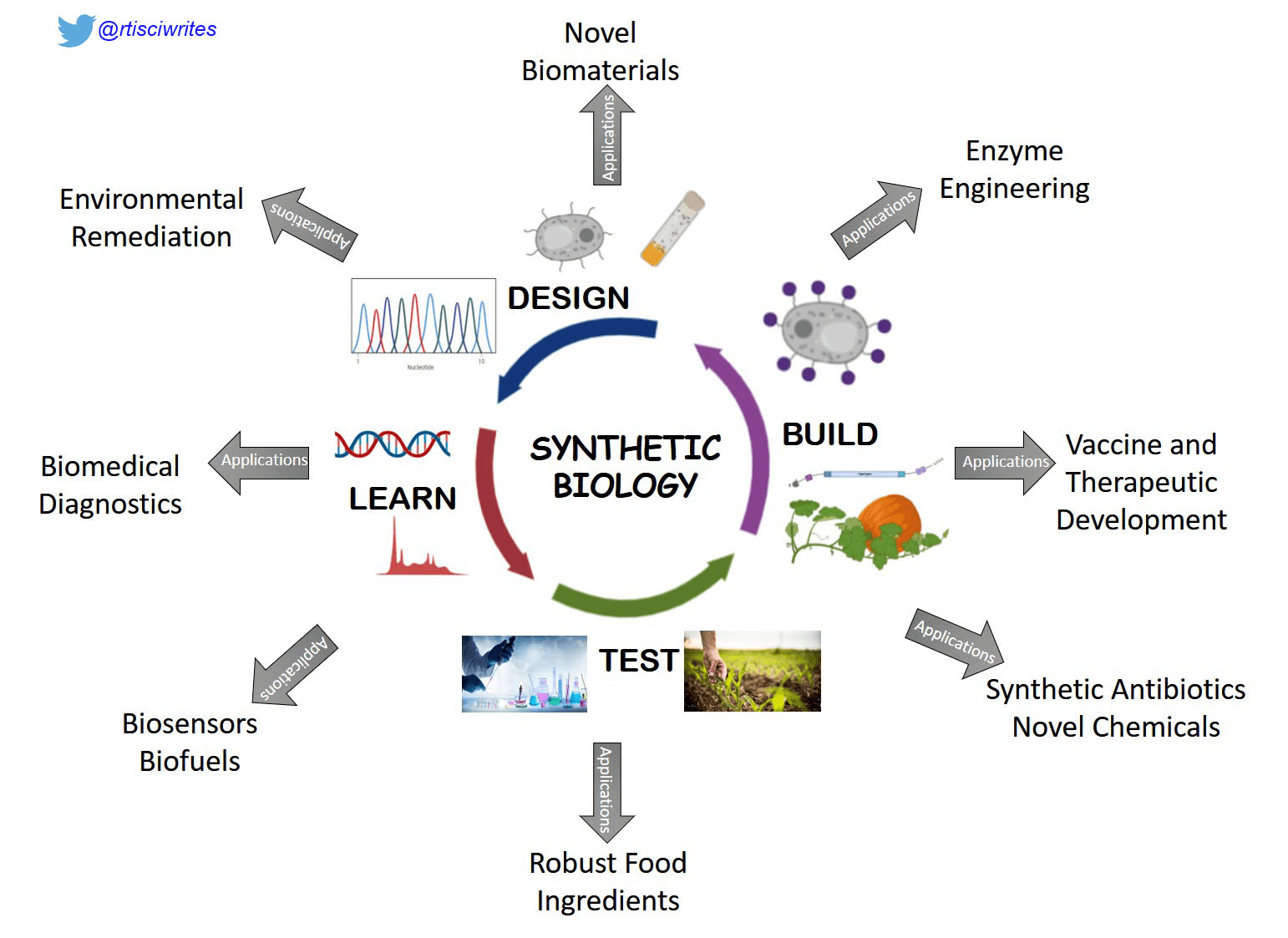
Fig.1 Applications of synthetic biology
Because synthetic biology makes it possible to create medicines that are specific to each patient’s biological composition, personalized therapies have emerged as a crucial component of precision medicine. For example, scientists are creating artificial organisms that can generate medicinal compounds inside the body of a patient. These organisms are designed to react to stimuli unique to an illness, releasing medications only when required. Toxic compounds in the body are broken down by modified bacteria, which have been explored in preclinical models to treat metabolic illnesses like phenylketonuria.
Chimeric antigen receptor T cells, or CAR-T cells, are a particularly promising advance in the field of cancer therapy thanks to synthetic biology. This method involves genetically modifying a patient’s T cells to express receptors that selectively target cancer cells. Leukemia and lymphoma are two blood malignancies that have responded well to this customized immunotherapy. The potential of synthetic biology to transform individualized cancer treatments is demonstrated by the capacity to design T cells to seek out and eliminate cancer cells.
Synthetic biology is essential for correcting defective genes and providing long-term treatment options in the field of genetic disorders. For instance, to cure Duchenne muscular dystrophy, synthetic biology methods are being developed to fix the faulty gene that causes the condition. Synthetic biology provides individualized treatments that are far more successful than conventional methods by directly addressing the genetic cause of certain ailments.
Diagnostics and Disease Monitoring
Synthetic biology is also improving illness monitoring and diagnostics in addition to individualized therapy. Since precise and early disease detection is essential to precision medicine, synthetic biology offers cutting-edge resources for developing extremely sensitive diagnostic systems.
Among the most intriguing advancements in this field are synthetic biosensors. These biosensors are designed to identify particular biomarkers linked to illnesses, providing real-time tracking of the course of the condition or the effectiveness of treatment. For instance, biosensors that can identify blood cancer biomarkers or measure glucose levels in diabetic patients have been developed. These systems’ high specificity makes it possible for early diagnosis and ongoing monitoring, both of which are critical for the treatment of cancer and chronic illnesses.
Additionally, wearable diagnostic gadgets are being developed thanks to synthetic biology. These gadgets are made to track physiological changes in real time, providing information about a patient’s health and identifying anomalies before symptoms manifest. For instance, tailored skin patches can identify infection or inflammation, and sweat-based biosensors can track metabolic health. By enabling prompt action, these technologies can greatly enhance outcomes and are essential in the early diagnosis of disease.
By producing artificial RNA and DNA circuits, synthetic biology also improves molecular diagnostics. These circuits can be made to respond to sequences particular to a condition, making it possible to identify infectious diseases or genetic changes with extreme precision. This is especially helpful in areas where early intervention for genetic illnesses or outbreak control require quick and reasonably priced diagnostic technologies.
Challenges and Future Directions
Although synthetic biology has enormous potential to revolutionize precision medicine, a number of issues need to be resolved before it can be widely used. Safety is one of the main issues. The alteration of genetic material in synthetic biology raises the possibility of unforeseen repercussions, such as gene editing that has off-target effects or the possible release of organisms that have been altered into the environment. To avoid detrimental impacts on patients or ecosystems, it is essential to ensure the safety and control of these designed systems.
Significant obstacles are also presented by ethical issues. The ethical question of how much human biology should be changed is brought up by the ability to manipulate genes. Discussions concerning the moral boundaries of genetic alterations in precision medicine have been spurred by problems such as germline editing, which impacts subsequent generations. Working together, ethicists, scientists, and policymakers must establish precise rules that strike a balance between creativity and moral obligation.
The regulatory environment presents another difficulty. Clear criteria are necessary to guarantee that new treatments and diagnostics are thoroughly tested and safe for general use, as the regulatory environment for synthetic biology technologies is still developing. For synthetic biology-based treatments to be approved and commercialized, regulatory bodies need to stay up with the field’s quick changes.
The use of synthetic biology in precision medicine has a bright future in spite of these obstacles. Current constraints may be solved by innovations like the design of biological systems using artificial intelligence and the fusion of synthetic biology with other cutting-edge disciplines like nanotechnology. By providing safer, more focused treatments and diagnostics, synthetic biology holds the potential to completely transform personalized healthcare as safety and ethical standards are improved.
Conclusion
By offering cutting-edge instruments and methods that improve the precision and customization of medical care, synthetic biology has the potential to completely transform precision medicine. Synthetic biology enables the creation of highly specific treatments, focused drug delivery systems, and sophisticated diagnostic instruments catered to the need of particular patients by fusing biology and engineering principles. Treatments for diseases like cancer, genetic problems, and metabolic ailments are already seeing notable advancements thanks to technologies like CRISPR, modified cells, and synthetic gene circuits.
Synthetic biology’s capacity to develop individualized treatment plans represents a significant departure from conventional, one-size-fits-all medical interventions in favor of more accurate, efficient, and secure ones. These customized therapies are an essential component of contemporary healthcare since they reduce side effects while simultaneously improving therapeutic results.
Nevertheless, synthetic biology has not yet reached its full potential in precision medicine. To hasten the incorporation of synthetic biology into standard medical practice, many obstacles must be addressed, including safety assurance, ethical considerations, and negotiating changing regulatory frameworks. Personalized medicine appears to have a bright future as long as researchers continue to improve these technologies and overcome these challenges.
In the future, combining synthetic biology with cutting-edge technologies like artificial intelligence and nanotechnology should improve the accuracy and reach of customized treatments and diagnostics. As the science develops, synthetic biology will surely be crucial in determining how precision medicine develops in the future, providing previously unthinkable opportunities for disease treatment and patient outcomes improvement.
References
- Lajoie, M. J., Rovner, A. J., & Church, G. M. (2013). Genomically recoded organisms expand biological functions. Science, 342(6156), 357-360.
- Doudna, J. A., & Charpentier, E. (2014). The new frontier of genome engineering with CRISPR-Cas9. Science, 346(6213), 1258096.
- Khalil, A. S., & Collins, J. J. (2010). Synthetic biology: Applications come of age. Nature Reviews Genetics, 11(5), 367-379.
- Roybal, K. T., & Lim, W. A. (2017). Synthetic immunology: Hacking immune cells to expand their therapeutic capabilities. Annual Review of Immunology, 35(1), 229-253.
- Hsu, P. D., Lander, E. S., & Zhang, F. (2014). Development and applications of CRISPR-Cas9 for genome engineering. Cell, 157(6), 1262-1278.
- June, C. H., & Sadelain, M. (2018). Chimeric antigen receptor therapy. New England Journal of Medicine, 379(1), 64-73.
- Greely, H. T. (2019). CRISPR’d babies: Human germline genome editing in the “He Jiankui affair”. Journal of Law and the Biosciences, 6(1), 111-183.

